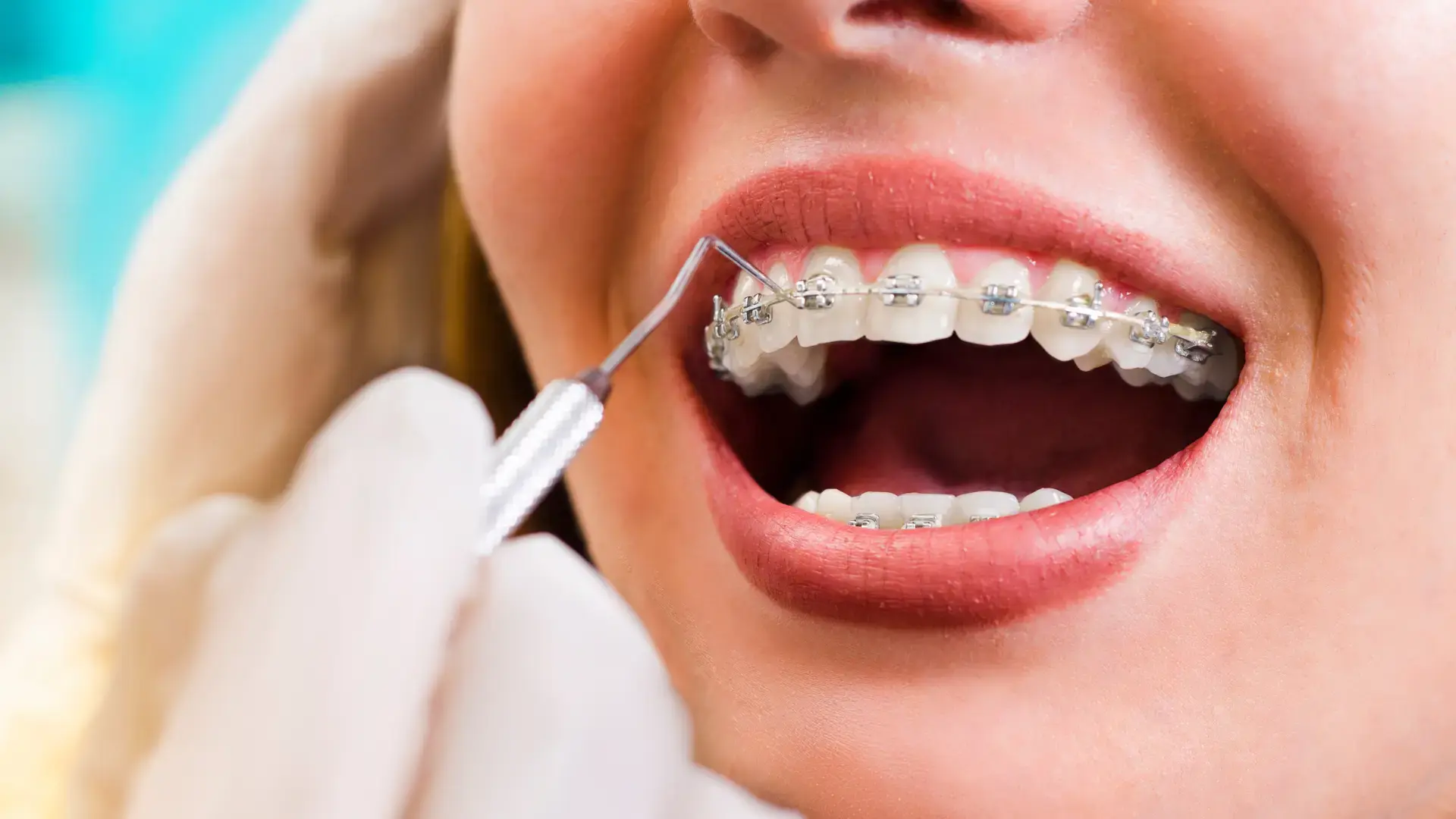The Link Between Sleep Apnea and Dental Health
.jpg)
Summarize with AI
When you think of sleep apnea, dental health might not be the first thing that comes to mind. But the two are more connected than you’d expect! From jaw discomfort to teeth grinding and dry mouth, sleep apnea can affect your mouth in surprising ways.
What is Sleep Apnea
Sleep apnea is a condition that causes breathing to stop and start during sleep. These interruptions can leave you feeling exhausted and affect your overall health, including your oral health.
Common symptoms of sleep apnea:
- Loud snoring
- Gasping or choking during sleep
- Morning headaches
- Daytime fatigue or drowsiness
- Difficulty concentrating
- Waking up with a dry mouth or sore throat
Risk factors of sleep apnea
- Being overweight or obese
- Having a narrow airway or enlarged tonsils
- Family history of sleep apnea
- Smoking
- Being over the age of 40
- Nasal congestion or sinus issues
Sleep Apnea and Oral Health
Your dentist may be one of the first people to spot signs of sleep apnea. Here’s how this sleep disorder can impact your teeth and jaw:
TMJ
Temporomandibular joint (TMJ) disorders are often linked to sleep apnea. If you’re frequently clenching your jaw or tensing your muscles at night, it can lead to soreness, stiffness, and even difficulty chewing. A sleep apnea dentist may spot signs of TMJ dysfunction during a routine checkup.
Bruxism
Bruxism, or teeth grinding, is common in people with sleep apnea. Constant clenching and grinding can wear down enamel, cause tooth sensitivity, and even lead to cracked or chipped teeth. If your dentist notices unusual wear patterns or damage, it might be time to consider a sleep study.
Mouth Breathing
Mouth breathing is another common sign of sleep apnea, and it can take a toll on your smile. Breathing through your mouth during sleep can lead to dry mouth, which increases your risk for cavities, gum disease, and bad breath. It can also irritate soft tissues in your mouth and throat.
Don’t Ignore the Signs: Talk to Your Dentist About Sleep Apnea
Your dentist isn’t just here to care for your teeth, they can also play a key role in spotting and managing sleep apnea. If you’re dealing with unexplained dental issues like jaw pain, tooth grinding, or dry mouth, it might be time to talk to your dentist about a possible connection to sleep apnea.
Gentle Dental makes it easy to get the care you need. With convenient locations, flexible scheduling, and affordable treatment options, we support your whole-body health, starting with your smile.


